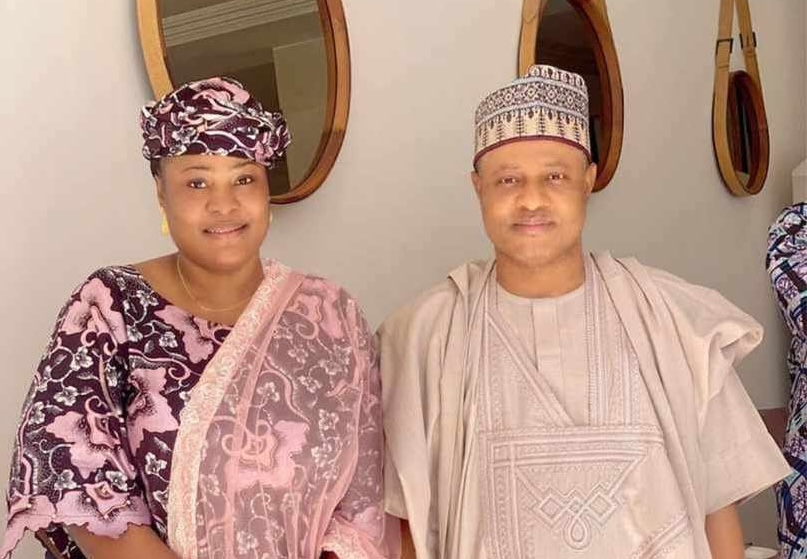The All Progressives Congress (APC) in Kaduna has suspended Maryam Suleiman, its women leader, for criticising Uba Sani, govenor of the state.
Suleiman’s suspension was contained in a letter dated March 31, and signed by Ali Maishago, and Zakkah Bassahuwa, APC chairman, and secretary of Badarawa/Malali ward, respectively.
The ward executive committee said Suleiman was suspended over “gross misconduct” and for allegedly defaming the character of the state governor.
BACKGROUND
While speaking during a town hall meeting in Kaduna, on Saturday, Sani said he inherited a debt burden of $587 million, N85 billion and 115 contractual liabilities from the administration of Nasir el-Rufai, former governor of the state.
He said his government is unable to pay workers’ salaries due to the inherited debt, adding that the debt burden is eating deep into the state’s coffers.
Reacting in a video, the APC women leader, who is an ally of el-Rufai, criticised the govenor over his remarks, urging him to desist from blaming his predecessor.
‘SHE’S UNDER SUSPENSION PENDING INVESTIGATION’
The APC ward executive said the women leader’s suspension subsists until further investigation is conducted by “constituted authority”.
“The Badarawa/Malal/ Ward APC Executive Committee after due deliberations and careful examinations on the viral video clip released on 30th March 2024, via social networks: Facebook, WhatsApp, and Tiktok which is against the constitution of our dear party, APC as stated in article 21.2 (v),” the letter reads.
“In view of the above, below are the gross misconducts where the subsequent suspension relied upon:
“Defamation of character of His Excellency, the Executive Governor of Kaduna State Malam Uba Sani.
“Unauthorized publicity of the party dispute that discredited the personality of the Executive Governor of Kaduna State.
“Furthermore, from today Sunday 31 of March 2024, the leadership of APC Badarawa/Malali Ward unanimously resolved to suspend Hajiya Maryam Suleiman (Mai Rusau) from the Party pending further investigation on the matter from the constituted authority.”



